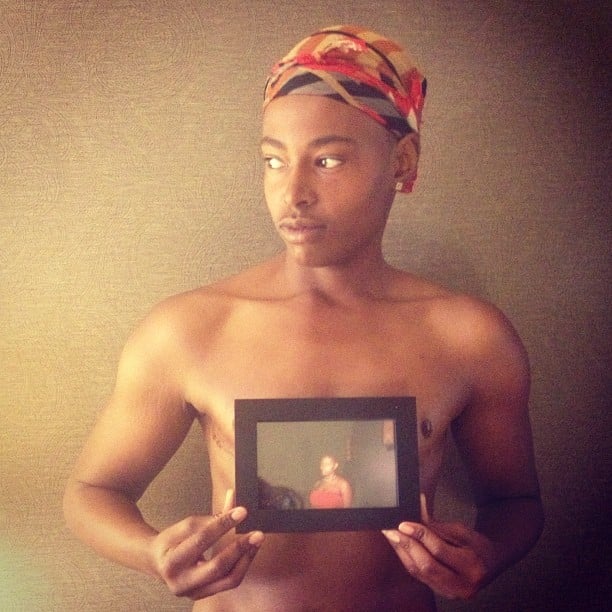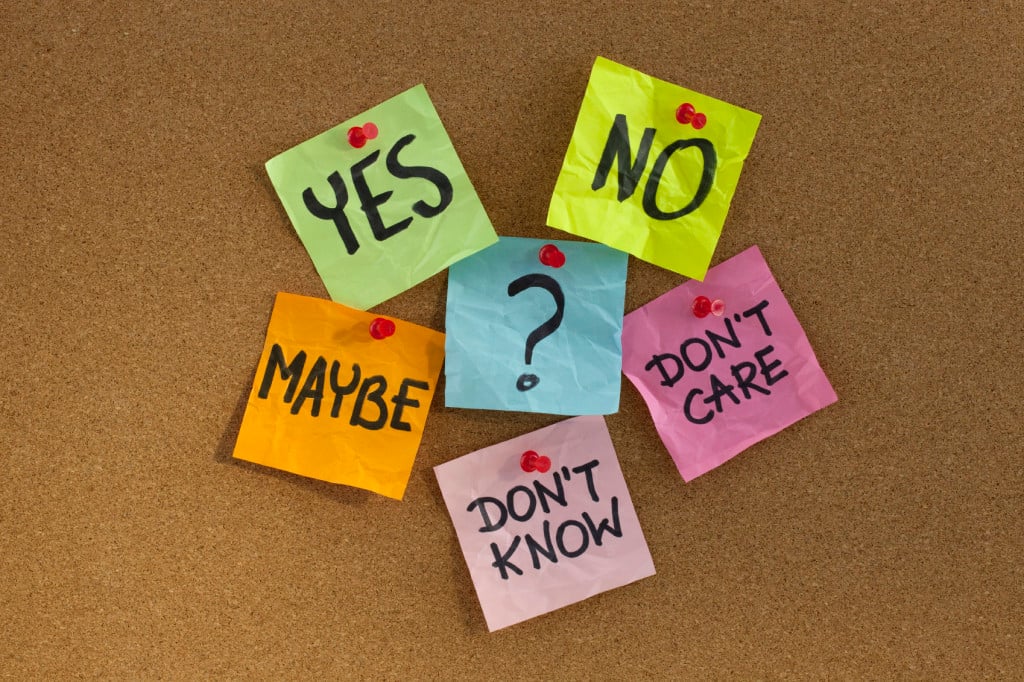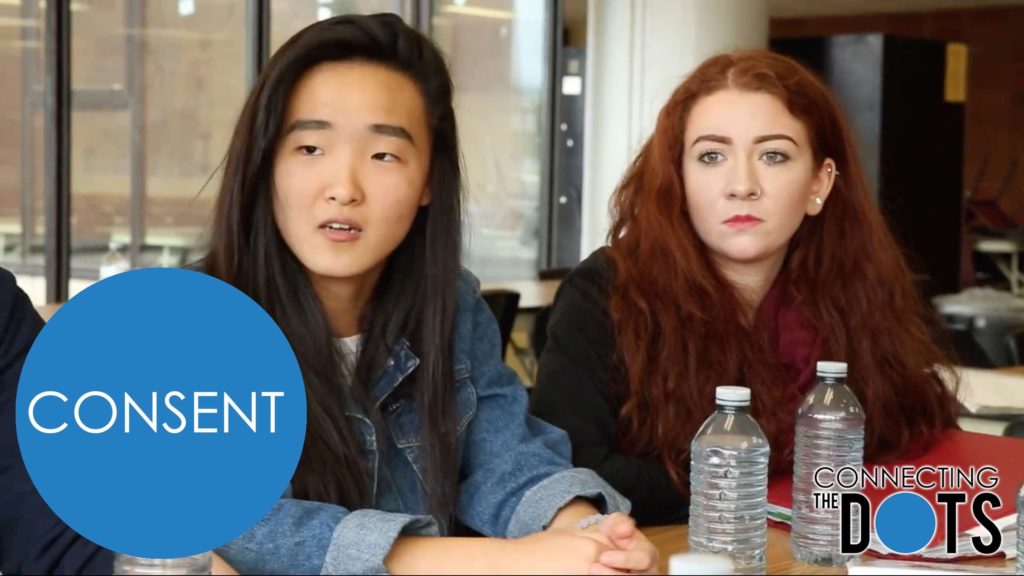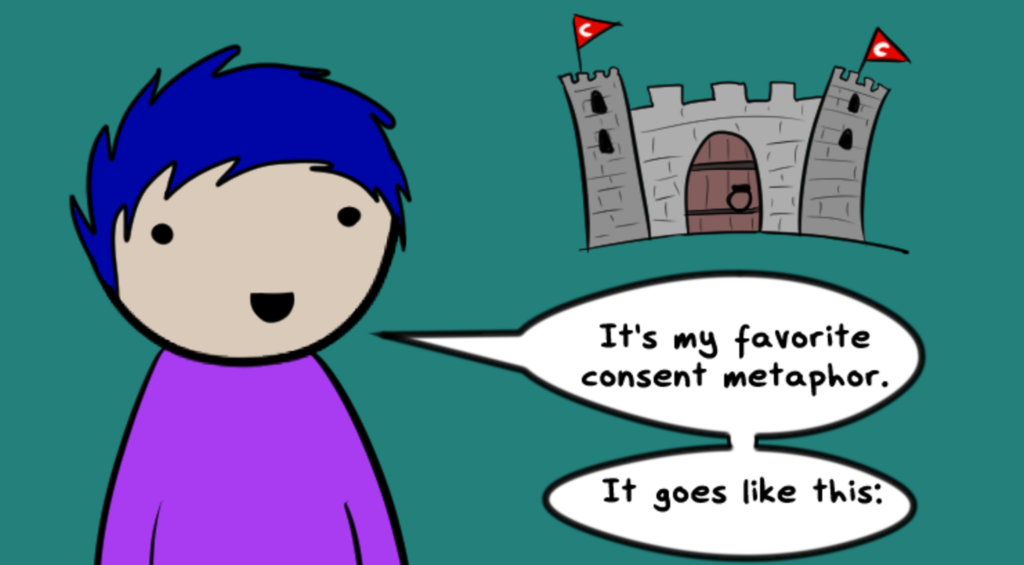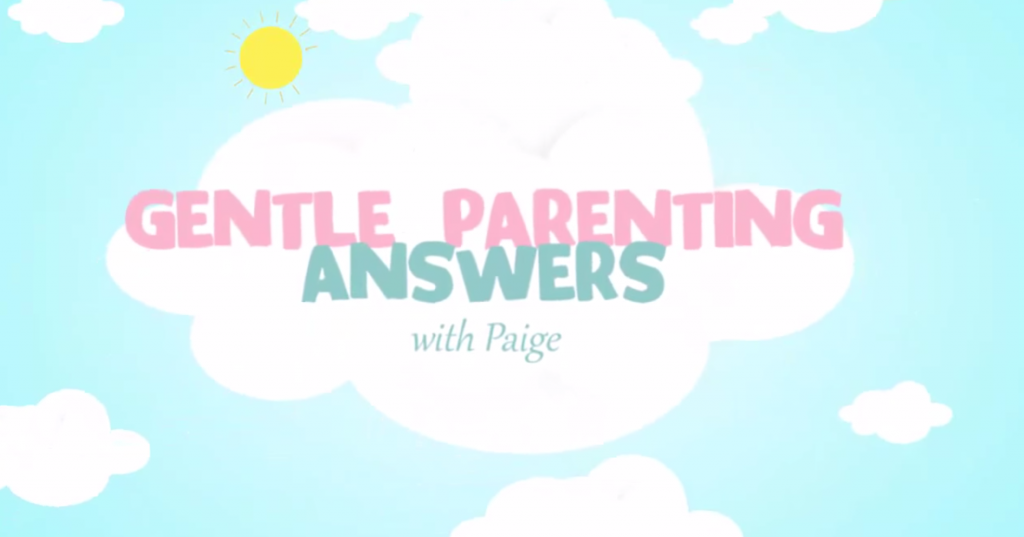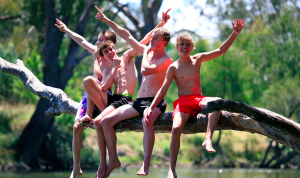Search results for: Navigating Consent
What’s in a Word? Navigating Language as an Activist
You don’t need me to tell you that words have meaning. So it should come as no surprise that the words we use as activists matter, too. The way we describe our movements, allies, and opponents are loaded with meaning, and it is our responsibility as feminists to be mindful of the ways in which we wield this power. So how can we use our words to make change?
Read MoreThe Good, The Bad, and The Ugly in Navigating a Multicultural Relationship
I won’t lie: Being in a multicultural relationship has many challenges. You need to have an open mind and be willing to do things “the other way” when necessary. Yet attraction, love, and understanding are ultimately the only things a couple needs to survive. My relationship – like most relationships – is all about embracing the good, the bad, and the ugly.
Read More3 Tips To Navigating The Dating World As A Feminist
It goes without saying that dating as a feminist is no easy feat. The dating compromises that one makes along the way can feel deeply at odds with your personal feminist politics. It can feel like you’re betraying feminism. But there are helpful ways to frame these challenges, and relieve some headache and heartache. Here are three of my tips to dating as a feminist.
Read More3 Myths That Make Navigating the Radical Left as a Person of Faith Difficult
Straddling the line of two worlds – in this case, radical politics and spiritual beliefs – wouldn’t be so hard if people realized that they can coexist.
Read MoreHow to Respectfully Love a Trans Woman: Navigating Transmisogyny in Your Romantic Relationship
There’s no one-size-fits-all roadmap on how to romance transgender women. But it’s important to honor trans women’s humanity by recognizing that, behind all of the activism and social apprehension, many trans women also desire fulfilling romantic relationships. Here are some ways you can support your lover in public, in private, and in bed.
Read MoreNavigating Masculinity as a Black Transman: “I will never straighten out my wrist.”
I have gone from being a big, strong looking Black woman to being a young, lanky Black man. I have always carried with me both masculine and feminine energies, but I have often been forced to choose one over the other depending upon the space around me. The gender binary affects us all in detrimental ways. And while masculinity may seem to offer more room, it also has its limitations. We must make room for all genders to grow and move freely.
Read MoreThis Is Why Consent Doesn’t Exist For Disabled Folks
“Forced Intimacy” is a term I have been using for years to refer to the common, daily experience of disabled people being expected to share personal parts of ourselves to survive in an ableist world. This often takes the form of being expected to share (very) personal information with able bodied people to get basic…
Read More12 Ways Parents Can Teach Their Children Consent
How do you teach your children about consent? You may be surprised to realize how many of your everyday interactions relate to consent. Here are some helpful tips to try.
Read MoreThe Problem With How We’ve Defined Consent
Do society’s gender norms influence your idea of consent? Read this author’s breakdown and you’ll understand why our perspectives need to change – and how we can start to change them.
Read More7 Ways to Practice Consent Outside of the Bedroom
When we hear the word “consent,” we usually think of sexual consent. But this author’s got some great points about why we need to practice better consent in other situations – and how to practice it well.
Read MoreHow to Teach Consent to Kids in 5 Simple Steps
Talking about consent isn’t always easy, and having these conversations with children can be even harder. Because it can seem so overwhelming, many adults shy from teaching kids about boundaries and consent in a comprehensive way. But here’s what you need to know about why it’s so important to teach consent in an ongoing process, with simple steps to follow.
Read MoreWhen Consent Feels Complicated, Remember These Teenagers’ Wise Words
We often discuss consent as simply “yes” or “no” – but do you know of situations when it feels more complicated? Degrassi visits a high school for some smart answers on tough questions.
Read MoreThis Metaphor for Consent Might Be Just the Thing You Need to Make It Click
We often talk about consent as explicit, verbal, and important for new relationships. But here’s a metaphor that works for first-time sex through long-term relationships.
Read More4 Ways Parents Teach Kids that Consent Doesn’t Matter
When we talk about consent, we’re usually talking about adults. But where do we think these adults learned their understanding of consent? Many parents teach their kids harmful ideas about consent without even realizing. Check out this video to see an explanation of four common parenting tactics that could be causing some very harmful behaviors in adults.
Read MoreHealthy Sex Talk: Teaching Kids Consent, Ages 1-21
We believe parents can start educating children about consent and empowerment as early as 1 year old and continuing into the college years. It is our sincere hope that this education can help us raise empowered young adults who have empathy for others and a clear understanding of healthy consent. There are three sections, based upon children’s ages, preschool, grade school, and teens and young adults.
Read MoreNavigating Body Image in Asian American Communities Is No Easy Task – But Here Are 4 Places to Start
This author has complicated relationships with food, body, and family. If you’re Asian American and you can relate, you’re not alone.
Read More5 Amazing Love Scenes Where Pop Culture Got Consent Exactly Right
Steven Universe, Frozen, Buffy – while pop culture often gets consent very wrong, check out these examples of how some of our faves have gotten it right.
Read More3 Ways Men Who Loved Me Violated My Consent – And What This Says About Rape Culture
Can you relate to any of these examples? There’s a pattern here that really shows how entrenched rape culture is.
Read More5 Questions About Alcohol and Consent You’re Too Afraid to Ask, Answered
“What if they’re BOTH drunk?” Got questions about drinking, sex, and consent? Here are your answers.
Read More3 Ways My Parents Unintentionally Taught Me That My Consent Didn’t Matter
“You’re not allowed to say no.” You’d never want your child to feel like this author did – but her parents didn’t mean to make her feel this way either. These are important lessons on our cultural missteps in teaching consent.
Read More






